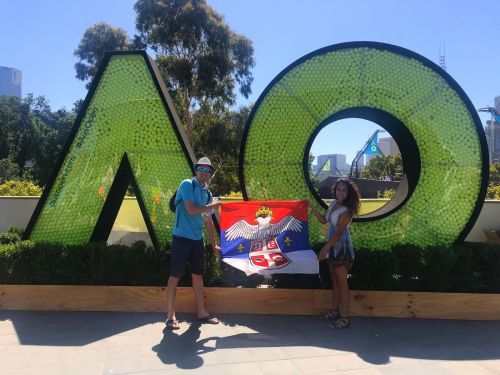

Many educational institutions in Canada offer Vocational Training, institutions such as private and public colleges, institutes, polytechnic schools and schools for applied art and science. These programs are tailored to develop practical and professional skills and to provide necessary knowledge to students as well as to facilitate their job hunting and their career advancement.
Vocational programs include broad range of areas that are vital for society today, areas such as business, accounting, cooking, medicine, beauty care, electronics, mechanics, tourism, design etc. Regarding level of education, these programs are positioned between secondary education and undergraduate studies.
Vocational schools offer different levels of education and qualification, from certificates to diplomas, depending on student’s needs and field of the study. These programs can last from a few months to four years.
Types of Vocational Training programs:
Vocational Training programs’ tuition fees depend on multiple factors: type of the program, duration of the program, school’s reputation etc. In general, tuition fees for vocational programs are lower than tuition fees for undergraduate studies and they usually range from 8.000 to 16.000CAD annually.

Last year Elena helped me to enroll the University of the Queensland, she was so responsible person and helped me with the whole procedure.

Elena helped us to fulfill our dreams so I would strongly recommend her to anyone who is thinking of studying and living in Australia. She was extremely professional during the whole procedure and visa application so it was my pleasure to work with her.

Future Option met all our expectations. My husband and I were not sure whether it would be possible to get a student visa. However, they made every effort to ensure that all documents were in the best order. Even now, when we got the visa, Future Option team provides us support and is available for all the questions we have. Best recommendations for this agency!

Elena is a wonderful person who was patently answering on all questions and who was not giving false hope. She was always positive and trustworthy.

I am really satisfied with Elena's professional approach. Her support, counseling and commitment were on a very high level through the whole process of gathering documents and visa application.

I would like to thank Elena on the amazing service she gave me through the whole process. This was huge step for me and in every moment I had Elena's full support.
Need help with Canadian visa application?
Fill-in questionnaire